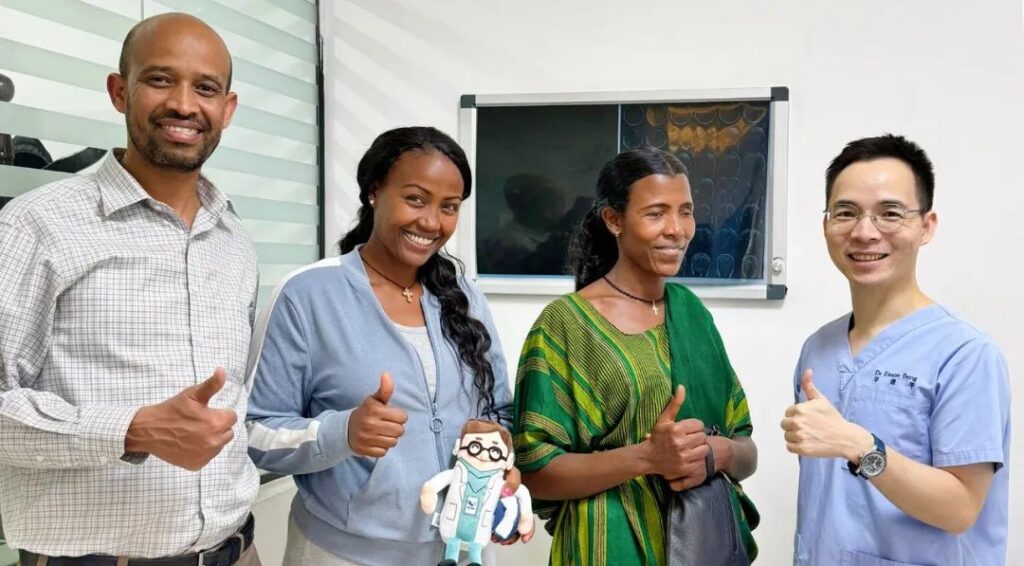
Introduction
In recent years, China’s healthcare landscape has witnessed a significant shift with the emergence and expansion of private medical groups. These entities, established following healthcare reforms over a decade ago, are now setting their sights on international markets. This article explores the journey of these groups, particularly through the experiences of Dr. Zhang Qiang, a surgeon who has taken his expertise beyond China’s borders. Original Article

The Rise of Private Medical Groups in China
A decade ago, China’s healthcare reforms opened the door for the establishment of private medical groups. These groups offered high-quality services, targeting the country’s middle and upper classes. They provided personalized care and superior treatment experiences, albeit at a higher cost compared to public hospitals. This model allowed doctors more flexibility and the opportunity to share expertise and operational costs.

Challenges and Opportunities
Despite initial growth, private medical groups in China faced challenges such as attracting patients and operational issues, which were exacerbated by the pandemic. The domestic market’s cooling has prompted groups like Dr. Zhang’s to look for opportunities abroad. Dr. Zhang, who left a stable position at a public hospital to start an independent practice, represents a new path for Chinese medical professionals seeking to innovate and improve patient-doctor trust.
International Forays and Future Prospects
Dr. Zhang’s venture into Africa, with the establishment of a vein center in Addis Ababa, Ethiopia, marks a significant step in global expansion. His group focuses on specialized treatments like the CHIVA procedure for varicose veins, addressing local healthcare needs. Looking ahead, Dr. Zhang and similar medical groups aim to further expand their global footprint, bringing their unique approach to healthcare to new markets.

Conclusion
The journey of China’s private medical groups, exemplified by Dr. Zhang’s experiences, highlights a transformative phase in the country’s healthcare sector. As these groups venture into global markets, they not only contribute to the diversification of healthcare services but also bring about a new perspective on medical practice and patient care.